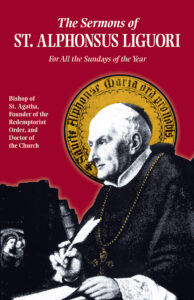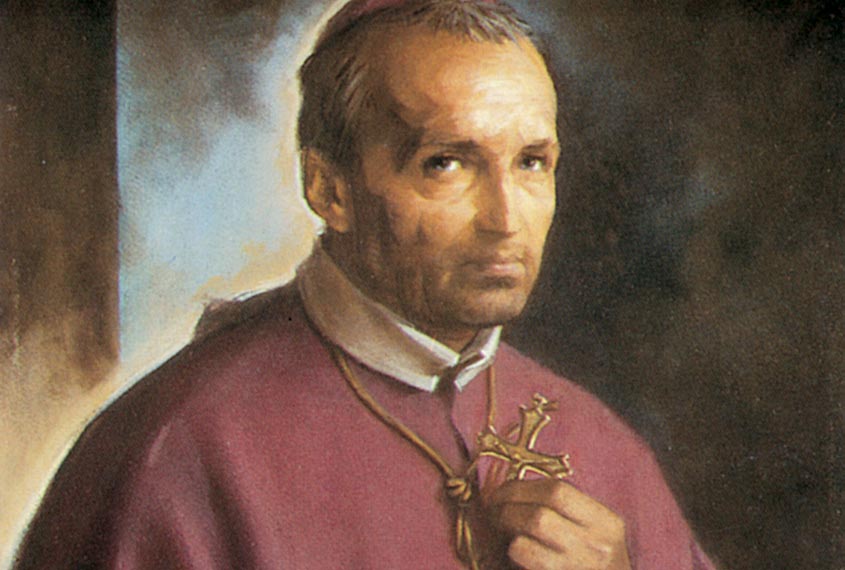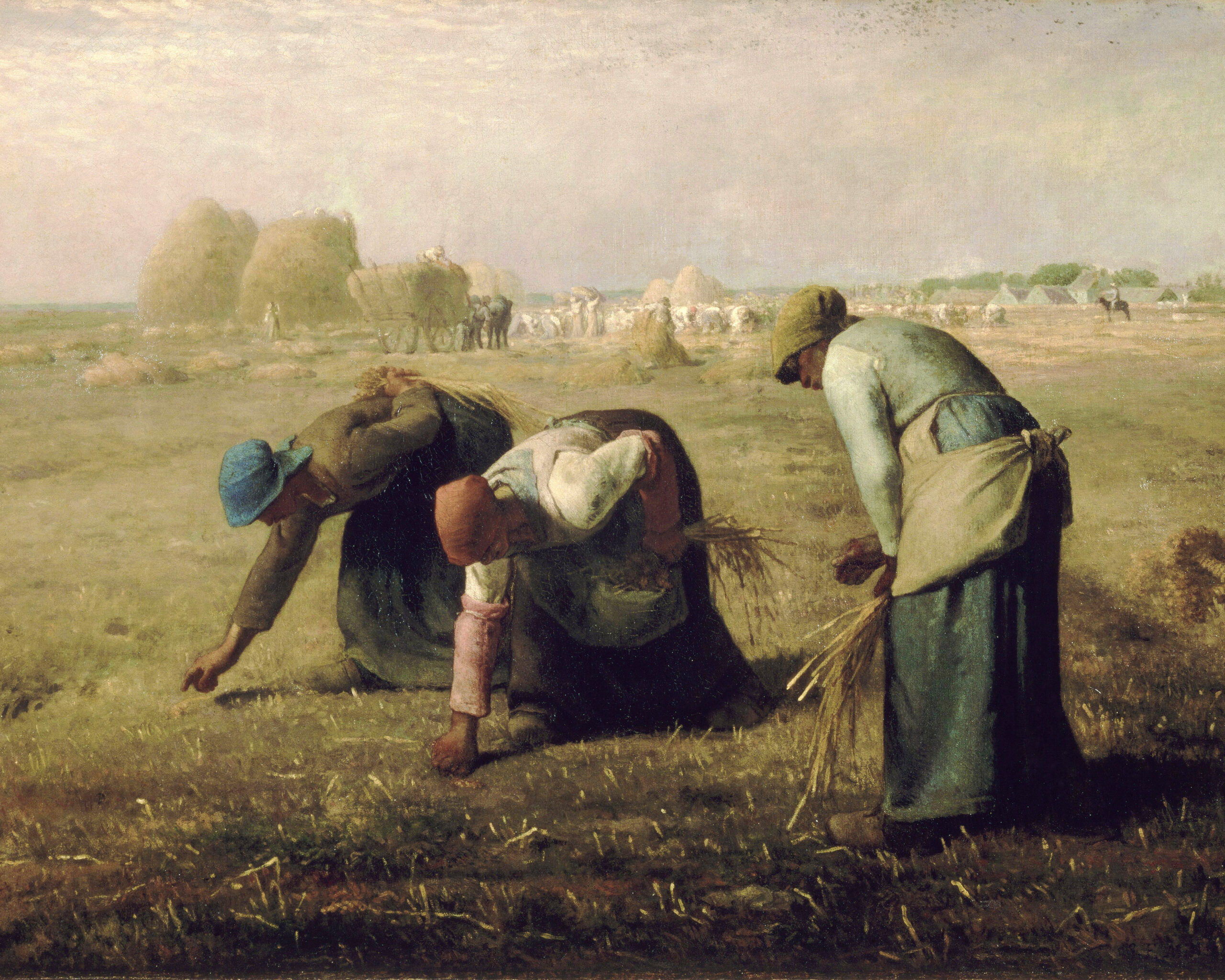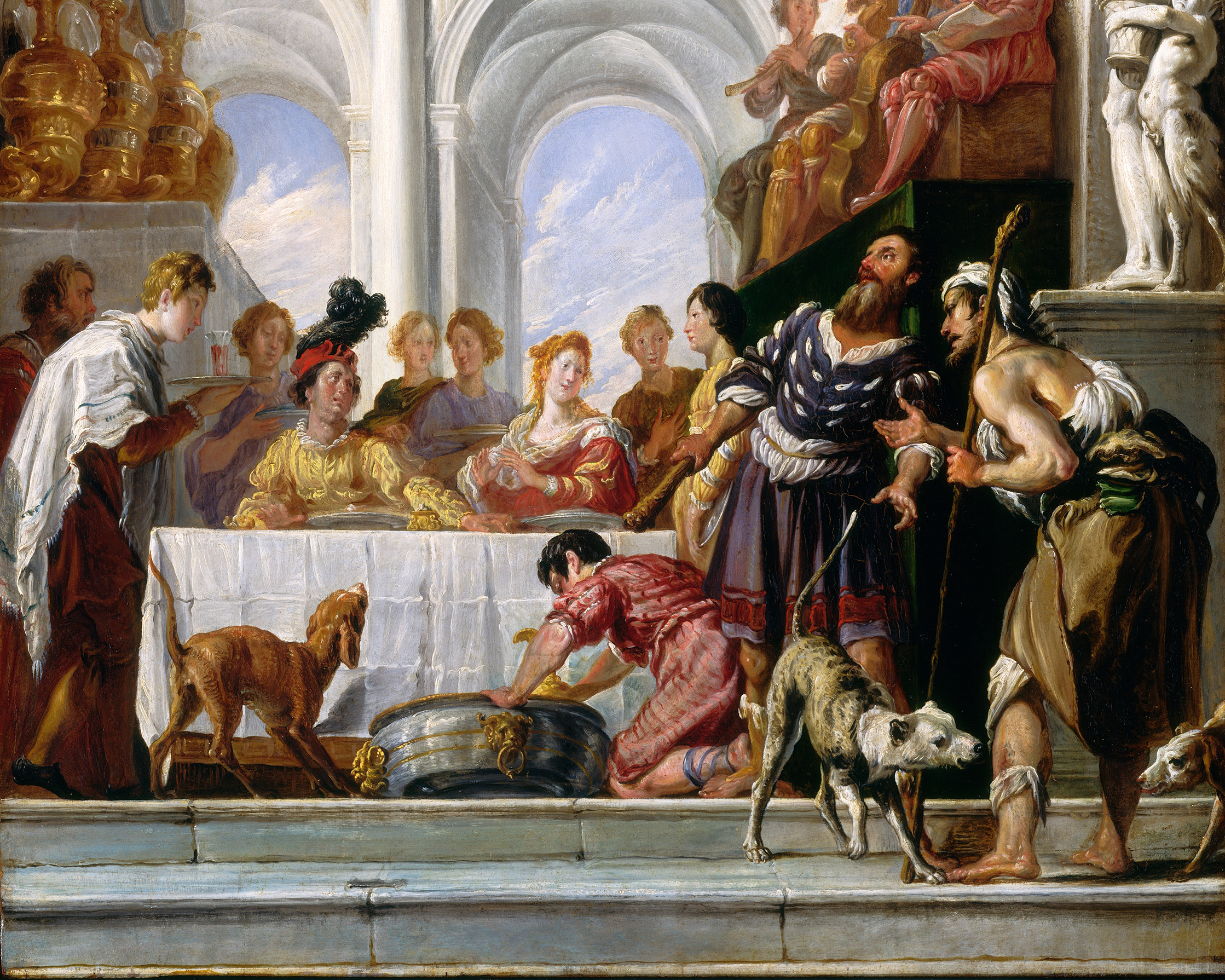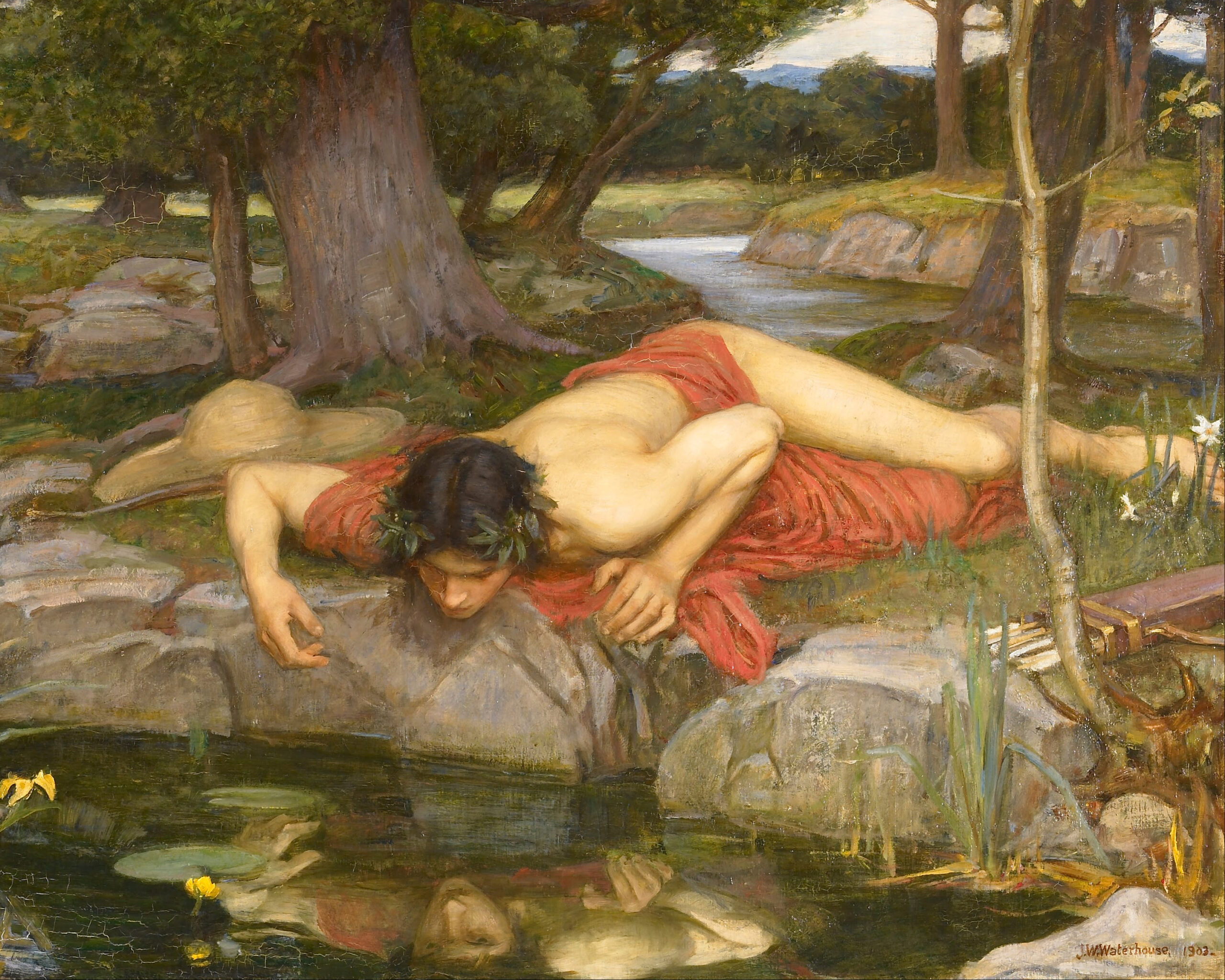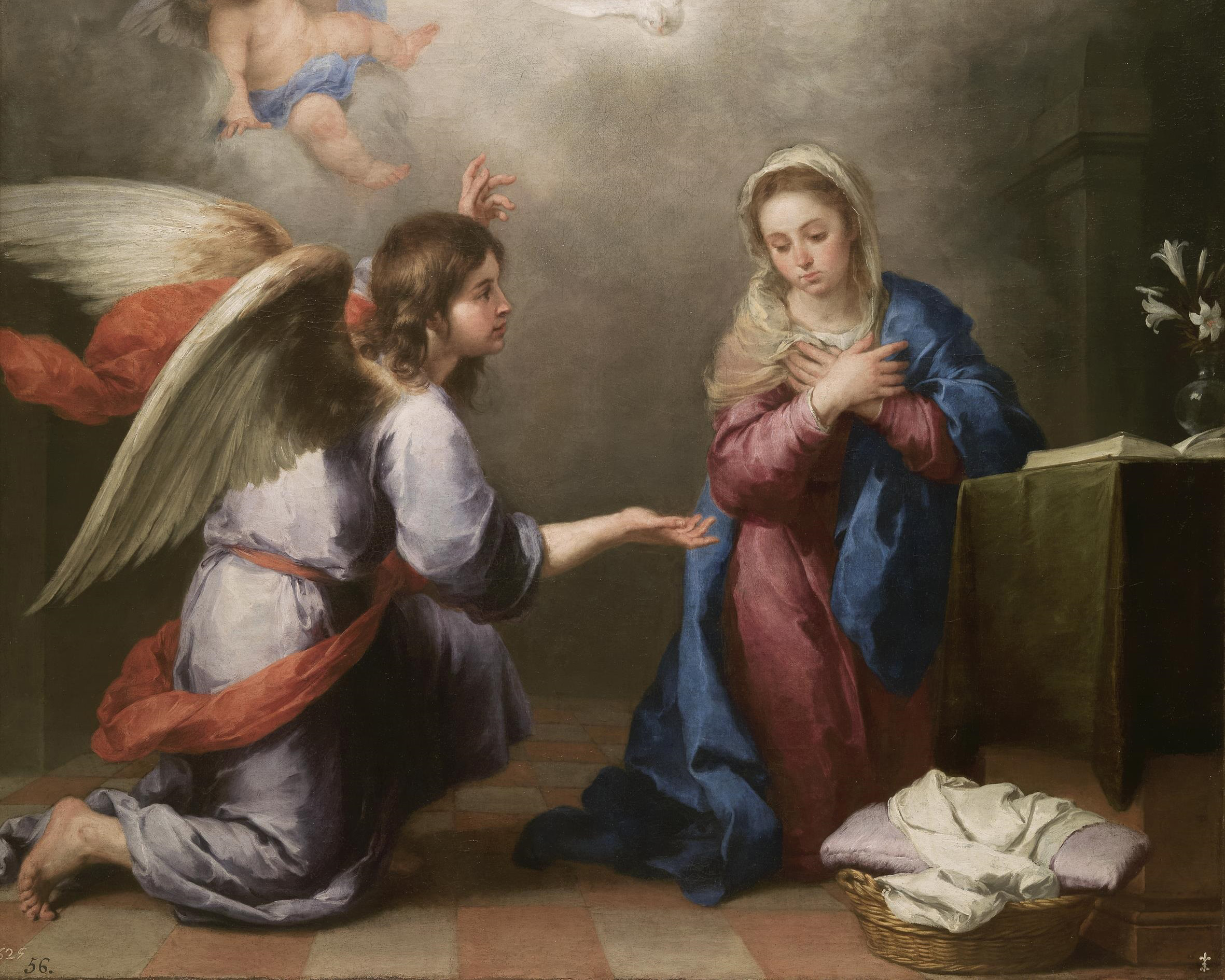“And this commandment we have from God, that he who loveth God, love also his brother.” (1 John iv. 21.) The same precept, then, which obliges us to love God, commands us to love our neighbor. St. Catherine of Genoa said one day to the Lord: “My God, thou dost wish me to love my neighbor; but I can love no one but thee.” The Lord said to her in answer: “My child, he that loves me loves whatsoever I love.” Hence St. John says: “If any man say: I love God, and hateth his brother, he is a liar.” (1 John iv. 20.) And Jesus Christ has declared that he will receive, as done to himself, the charity which we practice towards the least of his brethren.
Hence we must, in the first place, practice fraternal charity in our thoughts, by never judging evil of any one without certain foundation. “Judge not, and you shall not be judged.” He who judges without certain grounds that another has committed a mortal sin, is guilty of a grievous fault; if he only rashly suspects another of a mortal sin, he commits at least a venial offence. But, to judge or suspect evil of another is not sinful when we have certain grounds for the judgment or suspicion. However, he that has true charity thinks well of all, and banishes from his mind both judgments and suspicions. “Charity thinketh no evil.” (1 Cor. xiii. 5.) The heads of families are obliged to suspect the evil which may be done by those who are under their care. Certain fathers and foolish mothers knowingly allow their sons to frequent bad company and houses in which there are young females and permit their daughters to be alone with men. They endeavor to justify the neglect of their children by saying: “I do not wish to entertain bad thoughts of others.” O folly of parents! They are in such cases bound to suspect the evil which may happen; and, in order to prevent it, they should correct their children. But they that are not entrusted with the care of others, ought to abstain carefully from inquiring after the defects and conduct of others.
When sickness, loss of property, or any misfortune happens to a neighbor, charity requires that we regret, at least with the superior part of the soul, the evil that has befallen him. I say, “with the superior part of the soul ;” for, when we hear of the misfortunes of an enemy, our inferior appetite appears to feel delight; but, as long as we do not consent to that delight, we are not guilty of sin. However, it is sometimes lawful to desire, or to be pleased at, the temporal evil of another, when we expect that it will be productive of spiritual good to himself or to others. For example: it is lawful, according to St. Gregory, to rejoice at the sickness or misfortune of an obstinate and scandalous sinner, and even to desire that he may fall into sickness or poverty, in order that he may cease to lead a wicked life, or at least to scandalize others. Behold the words of St. Gregory: “It may generally happen that charity is not lost, and the downfall of our enemy makes us happy, and his glory grieves without the guilt of envy; when, in his rush, we believe that some are well-raised, and by his success we fear that most are unjustly oppressed.” (Lib. xxii., Moral., cap. ii.) But, except in such cases, it is unlawful to rejoice at the loss of a neighbor. It is also contrary to charity to feel regret at a neighbor’s prosperity merely because it is useful to him. This is precisely the sin of envy. The envious are, according to the Wise Man, on the side of the devil, who, because he could not bear to see men in heaven, from which he had been banished, tempted Adam to rebel against God. “But by the envy of the devil death came into the world; and they follow him that are of his side.” (Wis. ii. 25.)
This article is taken from a chapter in The Sermons of St. Alphonsus Liguori for All the Sundays of the Year by St. Alphonsus Liguori which is available from TAN Books.
